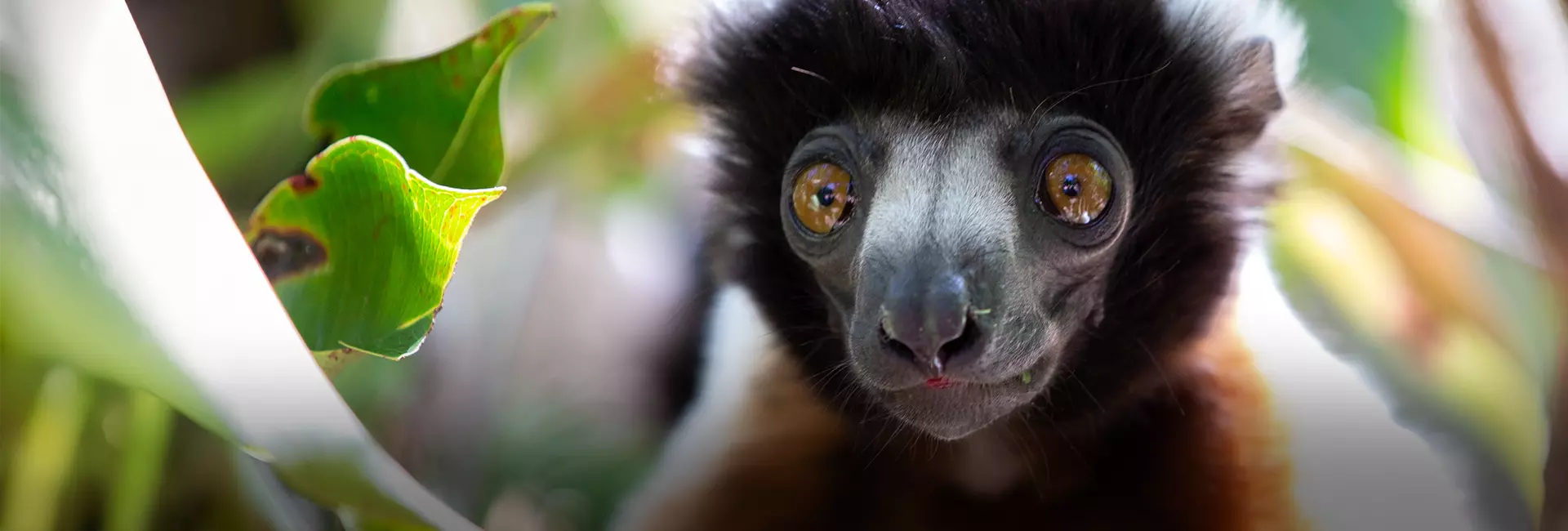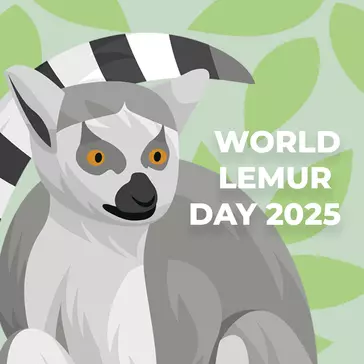Each year, World Lemur Day draws attention to the unique and endangered lemurs of Madagascar. These primates, endemic only to this island, are known for their expressive eyes, curious nature, and remarkable variety. They stole the show in the 2005 animated film, yet sadly, lemurs are among the most threatened mammals in the world, and their future is at risk.
Jump to:
What is World Lemur Day?
Launched by the Madagascar Primate Research Group (GERP) in 2014, World Lemur Day marks the grand finale of the World Lemur Festival. The day shines a spotlight on the urgent need to protect Madagascar’s lemurs, safeguard their forest homes, and support the conservation projects working tirelessly to ensure their survival.
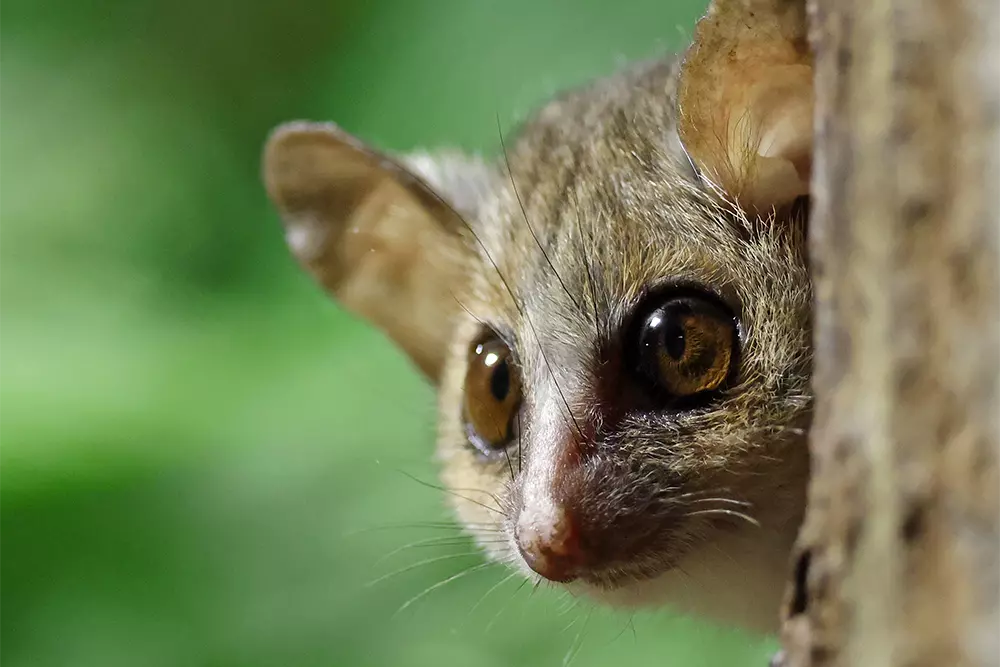
On World Lemur Day, people from across the world come together to learn, celebrate, and take action for lemurs. From community-led events and educational workshops to wildlife tours, fundraising initiatives, and social media campaigns, World Lemur Day unites conservationists, scientists, and wildlife enthusiasts, reminding us that we can all turn awareness into action and ensure a brighter, wilder future for Madagascar’s lemurs.
World Lemur Day Aims:
- Raise awareness about the threats facing lemurs and their fragile habitats.
- Promote conservation and research dedicated to their protection.
- Celebrate the achievements of current conservation efforts.
- Encourage global participation and support for lemur-focused initiatives.
When is World Lemur Day?
World Lemur Day is celebrated every year on the last Friday of October, bringing global attention to Madagascar’s unique and endangered primates. This year, in 2025, World Lemur Day falls on October 31st, which is Halloween!
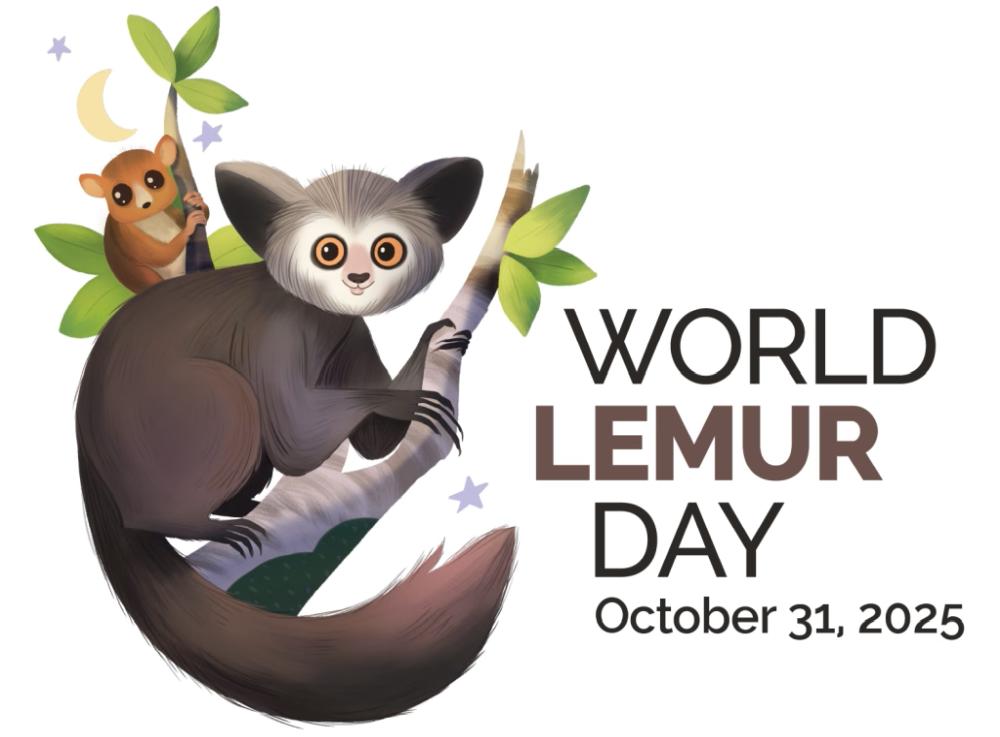
This year's graphic was designed by the talented Catmouse James.
Why lemurs matter
Lemurs are one of nature’s great marvels, found nowhere else on Earth but the island of Madagascar. This incredible isolation has allowed them to evolve into more than 100 distinct species, each with its own unique traits, calls, and quirks.
How lemurs first reached Madagascar remains one of science’s great mysteries, but what we do know is how vital they are to the island’s ecosystems today. Lemurs are keystone species, playing an essential role in maintaining the delicate balance of Madagascar’s forests. They help with:
- Seed Dispersal: By eating fruits, lemurs help plant seeds.
- Pollination: Some lemurs aid in plant pollination.
- Forest Maintenance: Through their activities, they maintain forest health.
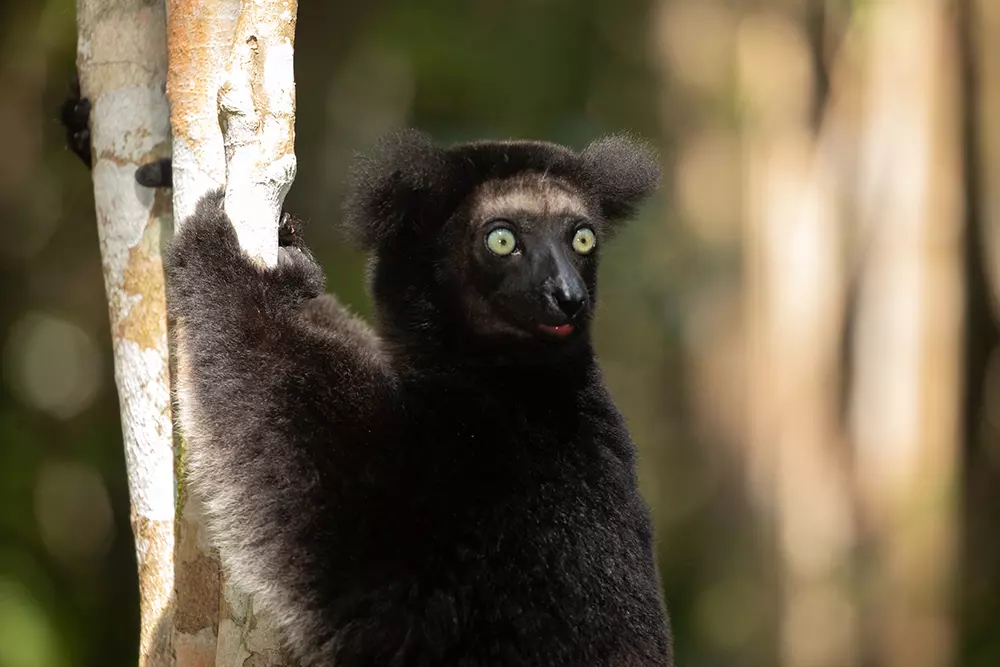
Without lemurs, Madagascar’s forests and the countless other species that depend on them would struggle to survive.
Beyond their ecological importance, lemurs are deeply social animals with complex hierarchies, communication systems, and bonding rituals. Their societies offer fascinating insights into the evolution of primate behaviour and our own social origins. They are also deeply embedded in Malagasy folklore, fulfilling roles as forest spirits, ancestors, or cultural heroes.
Protecting lemurs means safeguarding Madagascar's forests, communities, biodiversity, and culture all at once.
Why are lemurs endangered?
A staggering 98% of lemur species are threatened with extinction, and 31% are listed as Critically Endangered on the IUCN Red List. This puts lemurs among the most endangered mammals on the planet, with their future hanging in the balance, primarily due to human activities.
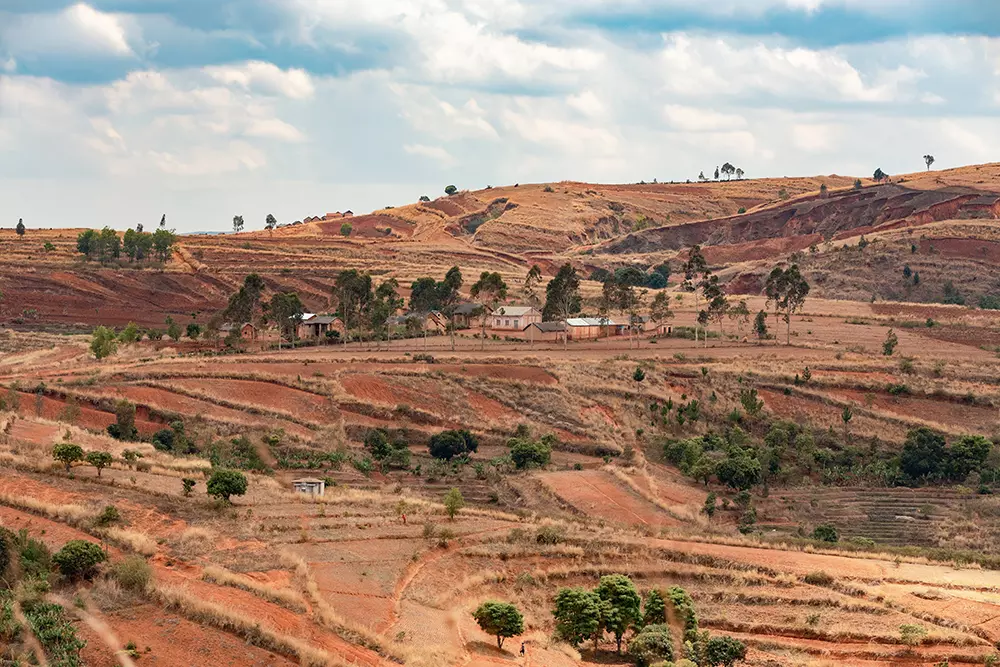
Habitat destruction remains the greatest danger. Madagascar’s forests are being cleared at an alarming rate for agriculture, logging, and charcoal production, leaving lemurs without food, shelter, or safe passage between forest fragments. At the same time, illegal hunting and capture continue to threaten many species. Some lemurs are hunted for bushmeat, while others are taken from the wild to fuel the illegal pet trade.
Adding to these pressures is climate change, which is altering rainfall patterns, reducing food availability, and pushing fragile ecosystems to their limits. These combined threats have already driven dozens of lemur species to the brink of extinction.
These threats demand immediate conservation action. Both global awareness and community involvement are essential to protect lemurs before time runs out, which is why events such as World Lemur Day are so important.
Lemur conservation: efforts and success stories
Across Madagascar, an inspiring network of organisations and communities is working together to conserve their fragile forest homes. Habitat protection lies at the heart of these efforts. By safeguarding what remains of Madagascar’s forests, conservation groups not only give lemurs a fighting chance but also preserve one of the most biodiverse ecosystems on Earth.
Alongside this, lemur research and community outreach form the backbone of effective conservation, providing the knowledge and local engagement needed to protect these unique primates. Many communities now participate in conservation activities and ecotourism, providing economic benefits.
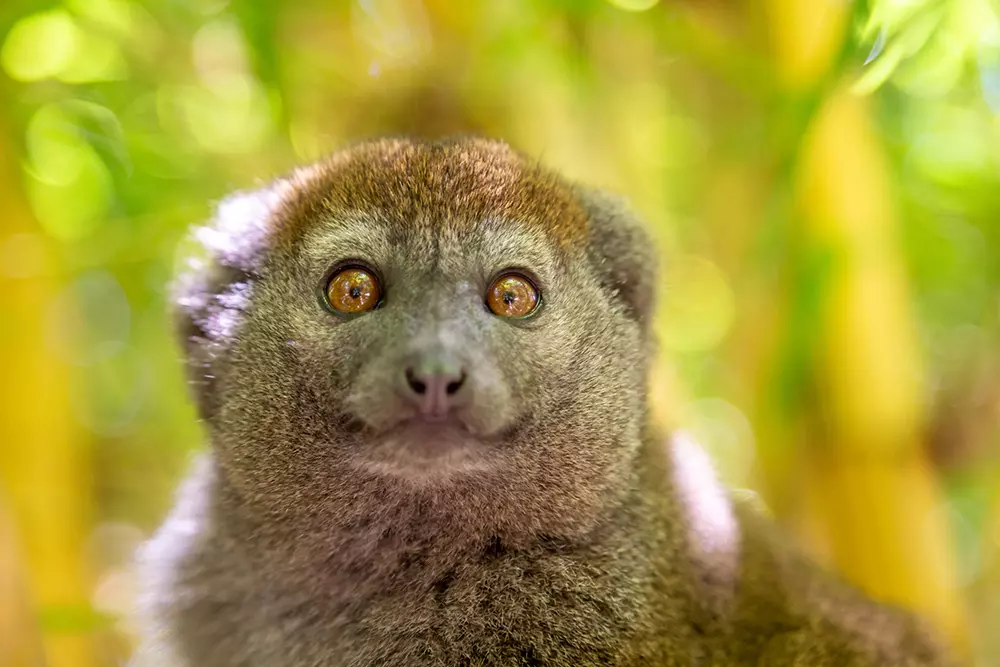
Inspiring lemur conservation success stories include:
- The Return of the Greater Bamboo Lemur: Once thought extinct, this critically endangered lemur was rediscovered in 1986. Community-led conservation has helped its population grow from under 100 to over 1,000 in the last decade, removing it from the list of the world’s 25 most endangered primates.
- A Repatriation of Smuggled Lemurs: Last year, over 1,000 lemurs and tortoises seized in Thailand were successfully returned to Madagascar, marking a major victory against the illegal wildlife trade.
- SOS Lemurs Initiative: Managed by the IUCN, this program funds organisations that protect lemurs, support sustainable community livelihoods, and influence policy. Its first phase (2017–2023) was deemed highly successful.
- The launch of the Lemur Research Project in Madagascar this year by us here at The Great Projects in partnership with Wildlife Madagascar!
Such efforts highlight the importance of collaboration. When governments, NGOs, and local communities work together, their combined efforts create positive change, leading to significant impacts on lemur conservation.
The role of lemur research
Lemur research plays a pivotal role in their conservation. It helps us understand their behaviours and ecological needs, which are critical for effective conservation strategies. Research not only reveals the challenges lemurs face from habitat loss and climate change, but also how lemurs adapt to their ever-changing environment.
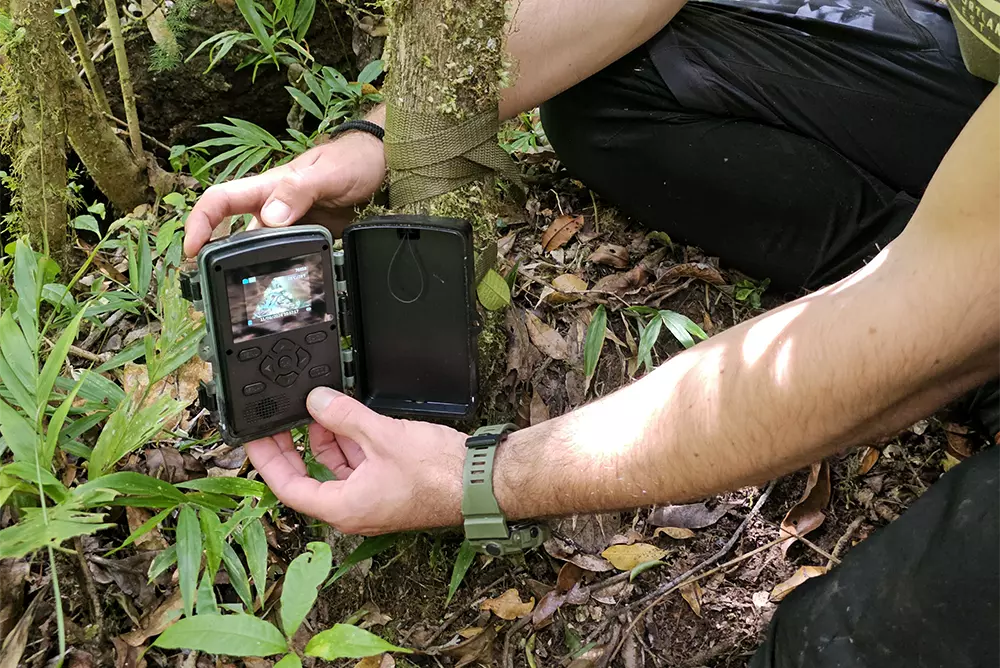
Key areas of focus include:
- Behavioural Studies: Exploring social structures, communication, and daily activities to understand how lemurs interact with each other and their environment.
- Ecological Research: Investigating the crucial role lemurs play in forest ecosystems, from seed dispersal to pollination.
- Population Monitoring: Tracking numbers and distributions to evaluate the effectiveness of conservation efforts and identify areas of urgent need.
This research informs better conservation practices, policy decisions, and global awareness. As our understanding of lemurs grows, so does our ability to secure their future.
Celebrating World Lemur Day 2025
World Lemur Day 2025 is a chance for everyone to get involved. You don’t need to be a scientist or conservation expert, just someone who cares. Every action, no matter how small, plays a part in the bigger mission to protect Madagascar’s lemurs and the forests they call home.
Here are some ways you can make an impact:
- Support Conservation Organisations: Donate to foundations like the Lemur Conservation Foundation, Wildlife Madagascar, or the World Wildlife Fund.
- Shop Smart: Choosing eco-friendly, fair-trade, and deforestation-free products helps reduce the pressures that threaten lemur habitats.
- Spread Awareness: Share facts and stories about lemurs on social media. Why not share our handy infographic:
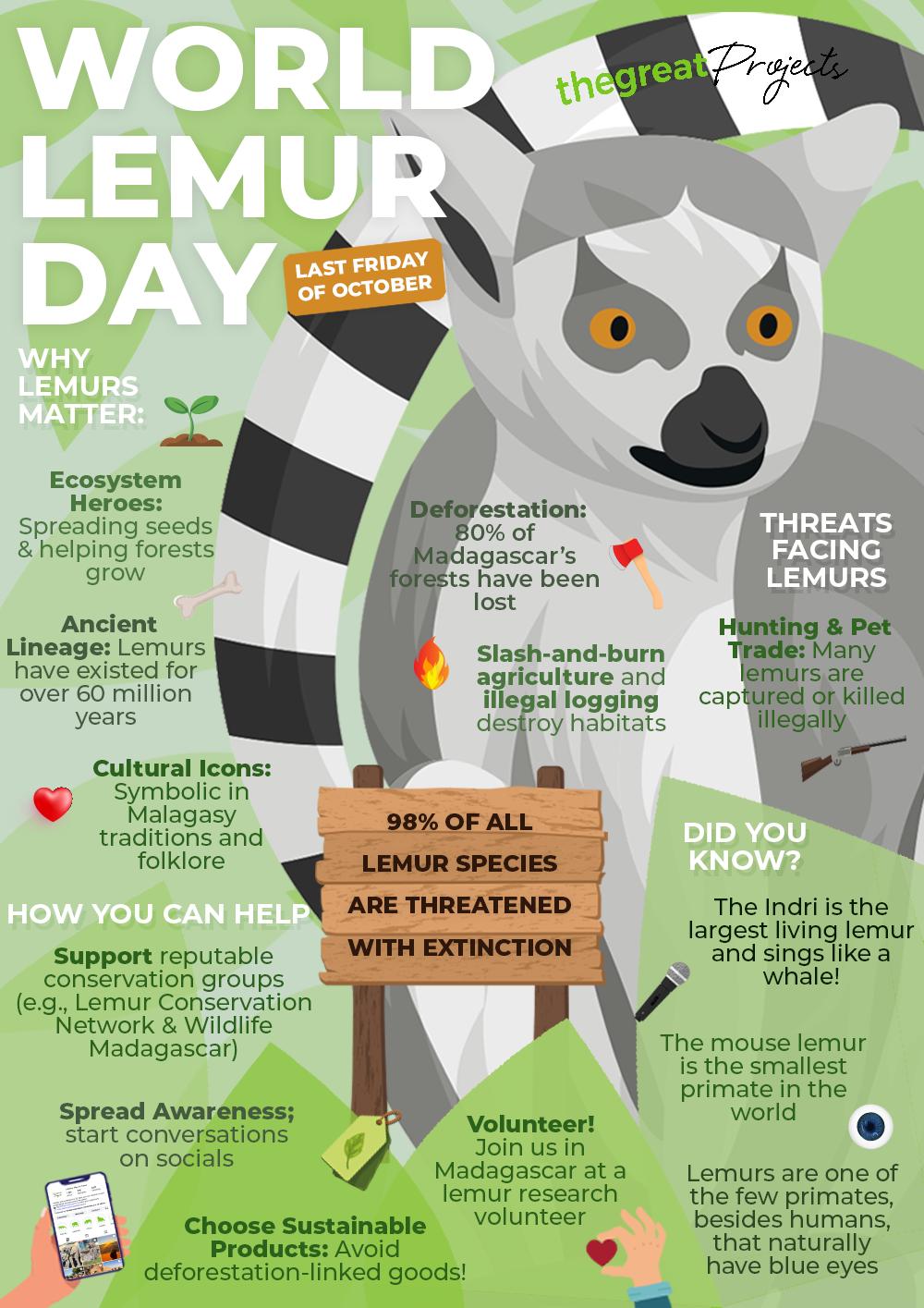
Download and share our infographic here: World Lemur Day 2025 Infographic
- Volunteer: Join us on the Lemur Research Project in Madagascar to make a hands-on contribution out in the field!
The future of lemurs
It’s not just about caring for lemurs or even Madagascar itself; the loss of lemurs would send shockwaves far beyond the island’s shores. As vital seed dispersers and pollinators, lemurs help sustain Madagascar’s forests, which in turn support global biodiversity, regulate the climate, and store vast amounts of carbon.
Their extinction wouldn’t just mean the disappearance of one of the world’s most iconic groups of primates; it would mean the unravelling of an entire ecosystem, with consequences that reach us all.
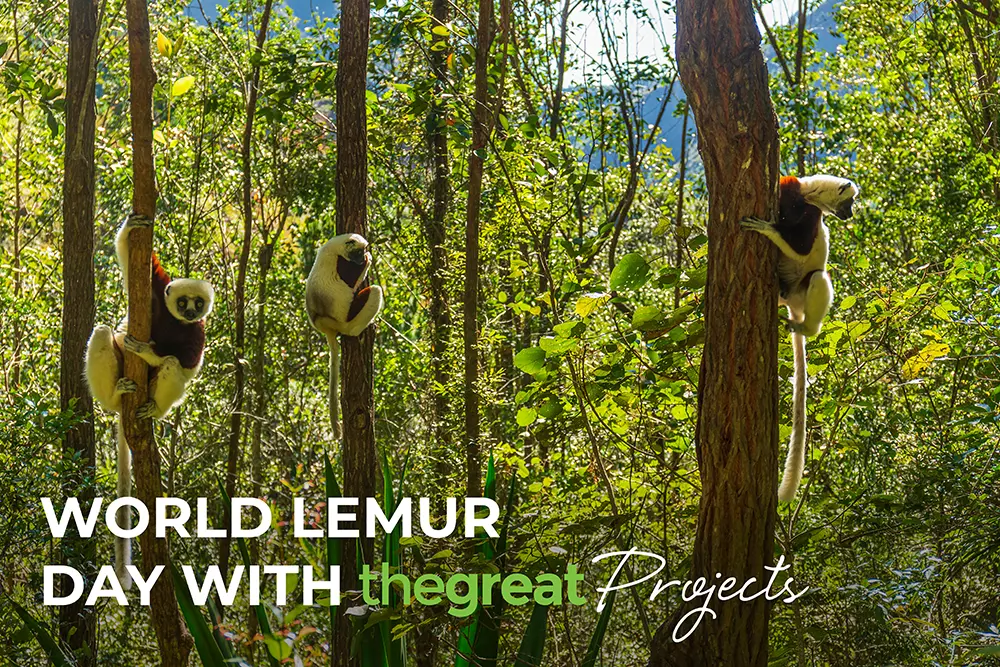
World Lemur Day 2025 reminds us that there’s still time to make a difference and that every action counts! By supporting conservation organisations, volunteering abroad, spreading awareness, and making sustainable choices, we can all help secure a stable future for lemurs and the planet we share.
